-
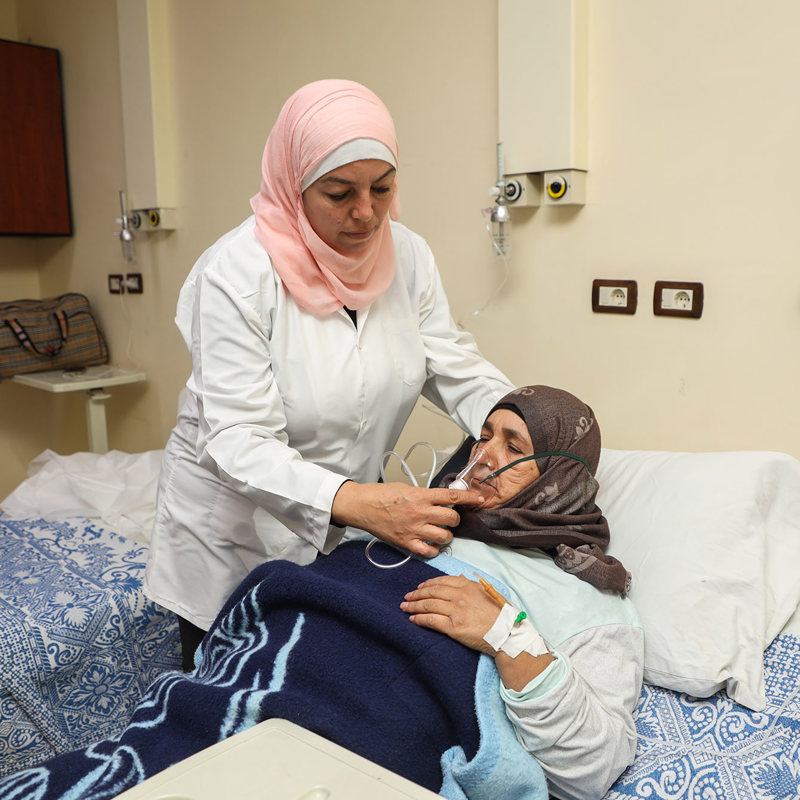
Homs National Hospital was destroyed during a decade of conflict in Syria. Today, the hospital is being rebuilt and patients are returning. Homs National Hospital is now equipped with an oxygen generator – procured and installed by the Global Fund an...
-
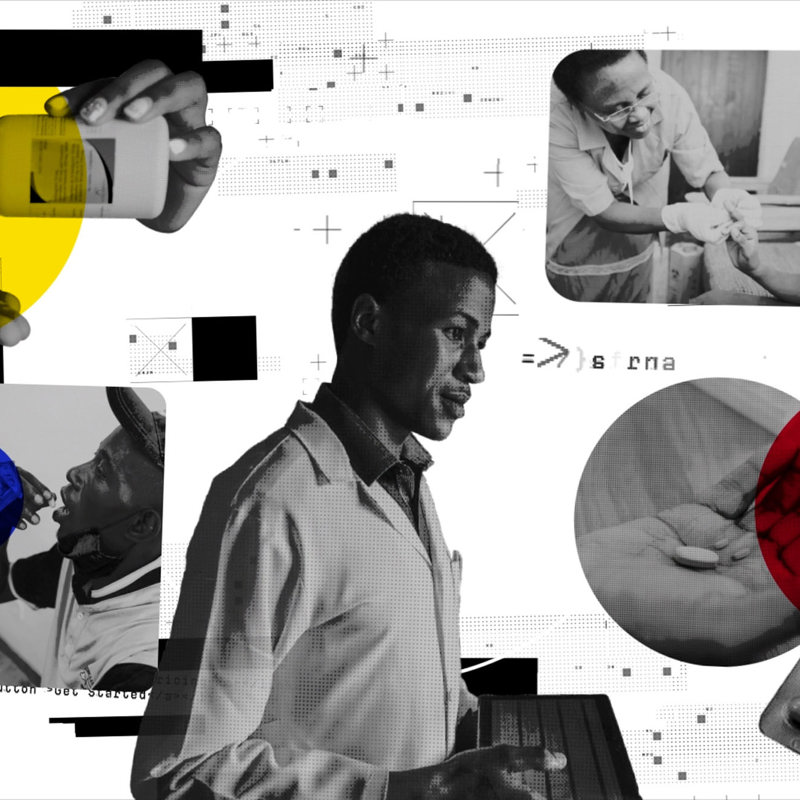
Technology and innovation are key drivers in the fight against AIDS, tuberculosis and malaria - strengthening disease surveillance, transforming testing and diagnosis and revolutionizing treatment.
-
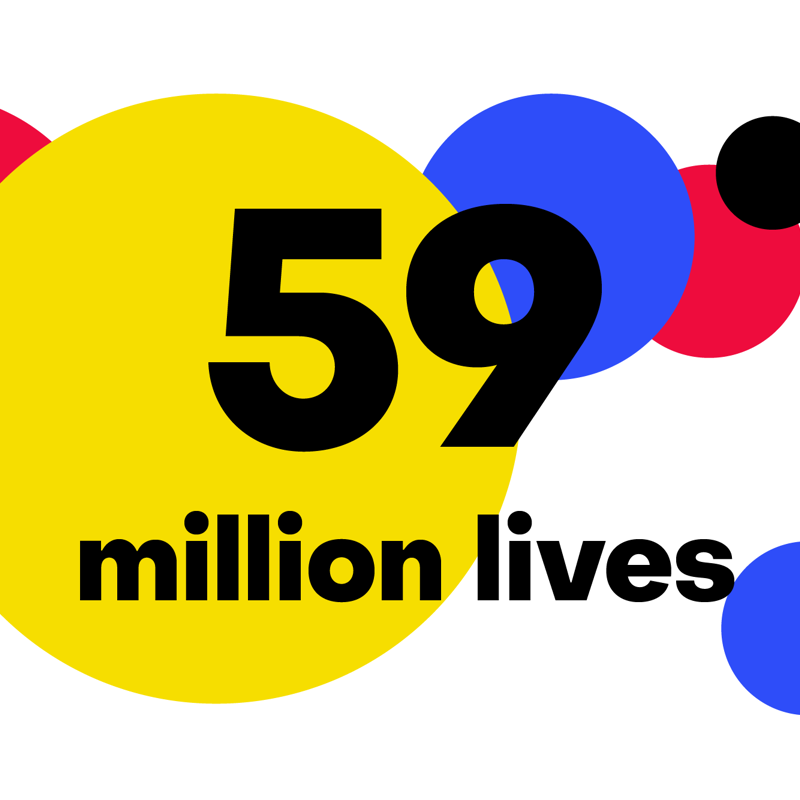
-
Grant Entity Data is information that the Global Fund uses to actively manage grant-life cycle activities. This video summarizes what CCMs, PRs and LFAs need to know about the new Partner Portal.
-
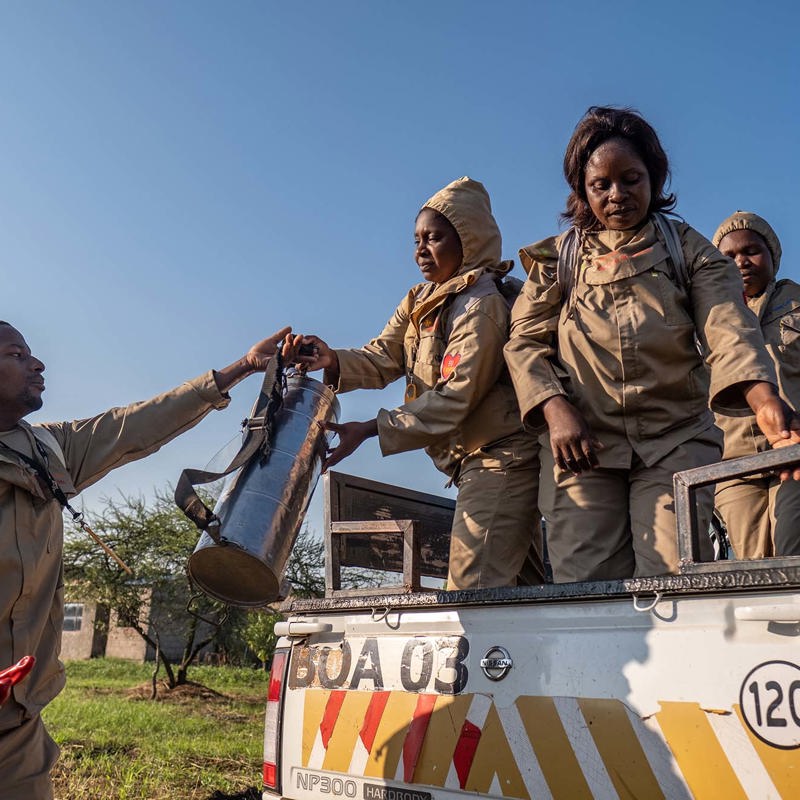
In the wake of Cyclone Freddy, Celina’s home was completely flooded and her and her three children were forced to flee for safety. Shortly after, Celina’s two young daughters caught malaria. Their diagnosis came only six-months after Celina’s 35-year...
-
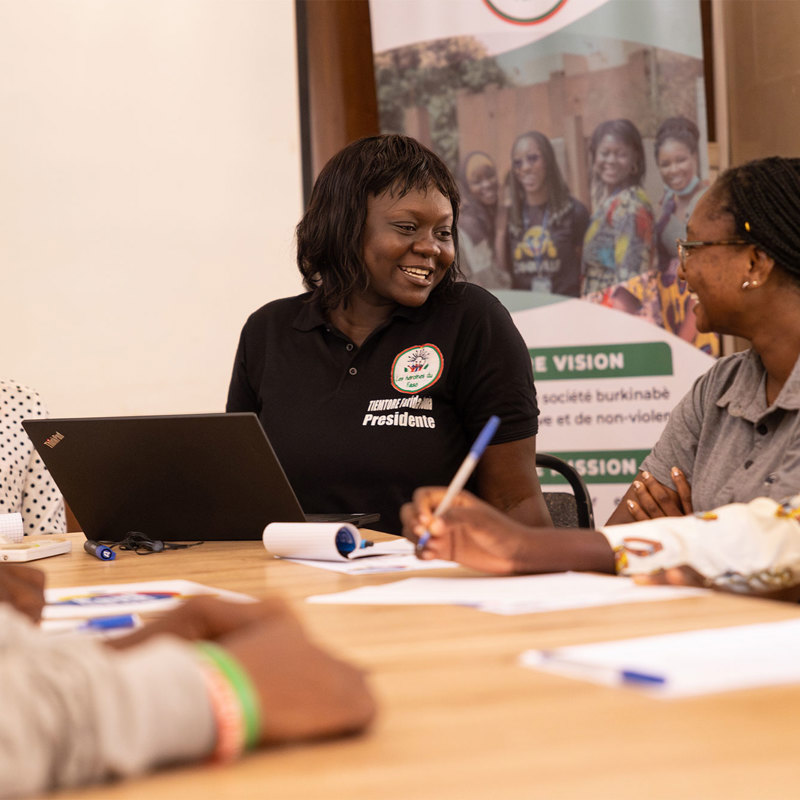
When Farida Tiemtoré was a 23-year-old student she had big dreams. “I said to myself, ‘Why not create something on the internet to enable people to get the right information?’ Straightaway, the blog let me connect with girls and with female role mode...
-
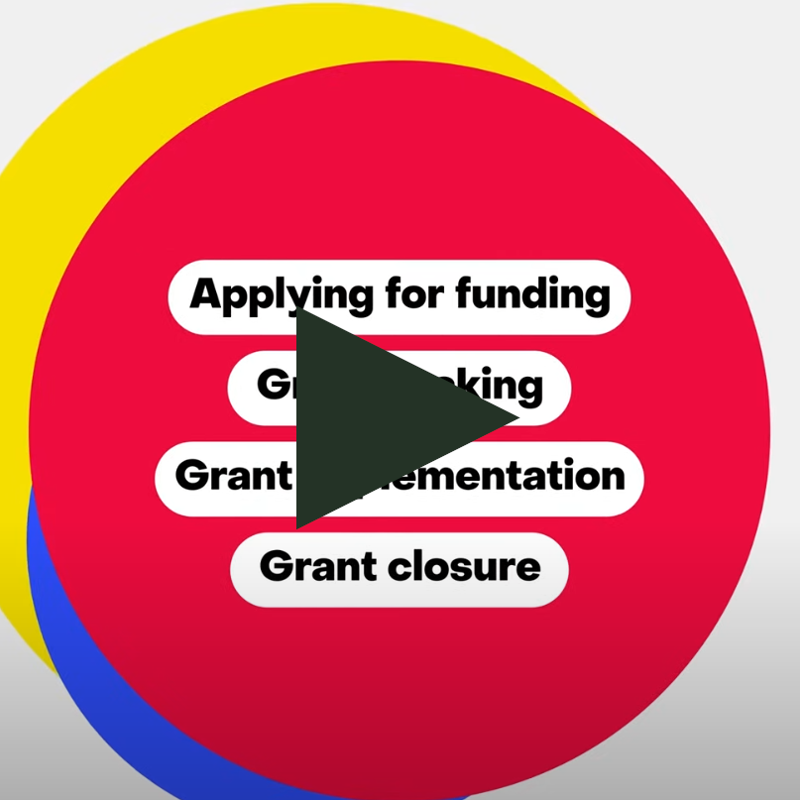
A country’s funding request to the Global Fund is developed into one or more grants through a process called grant-making. This video summarizes key changes regarding the grant-making process for Grant Cycle 7 (2023 -2025 allocation period), and how ...
-
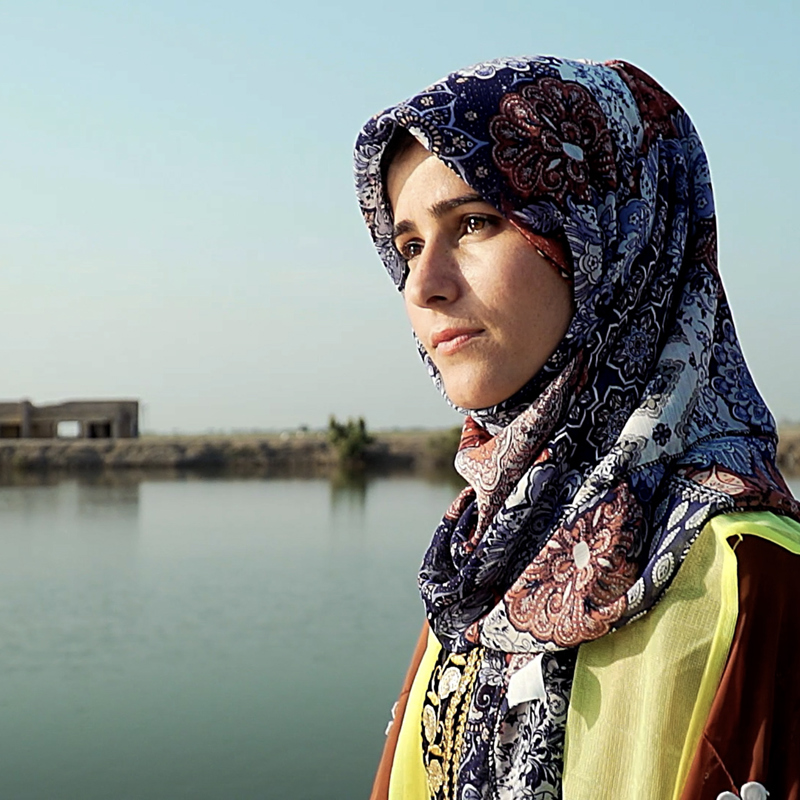
As Fazila navigates her way through her own crisis, she is also protecting her community. After losing her home and all her belongings in the unprecedented floods in Sindh province, Pakistan, in 2022, Fazila, a 25-year-old midwife, began working in m...
-
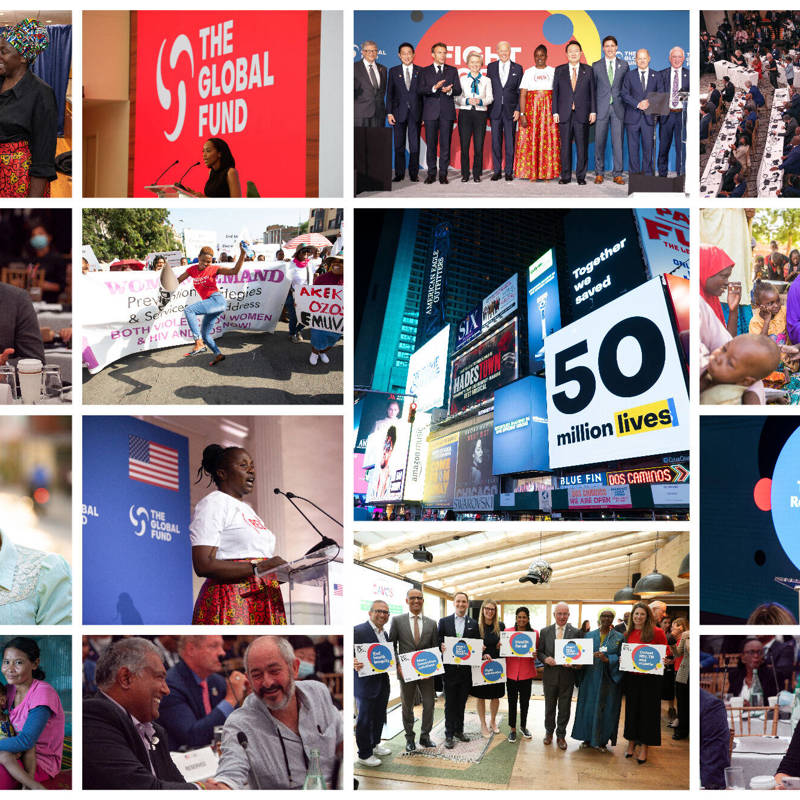
Private sector partners pledged a record-breaking $1.24 billion to the Global Fund in 2022, as well as lending their world-class technical expertise, to support health workers, improve disease surveillance and build stronger, more resilient supply ch...
-
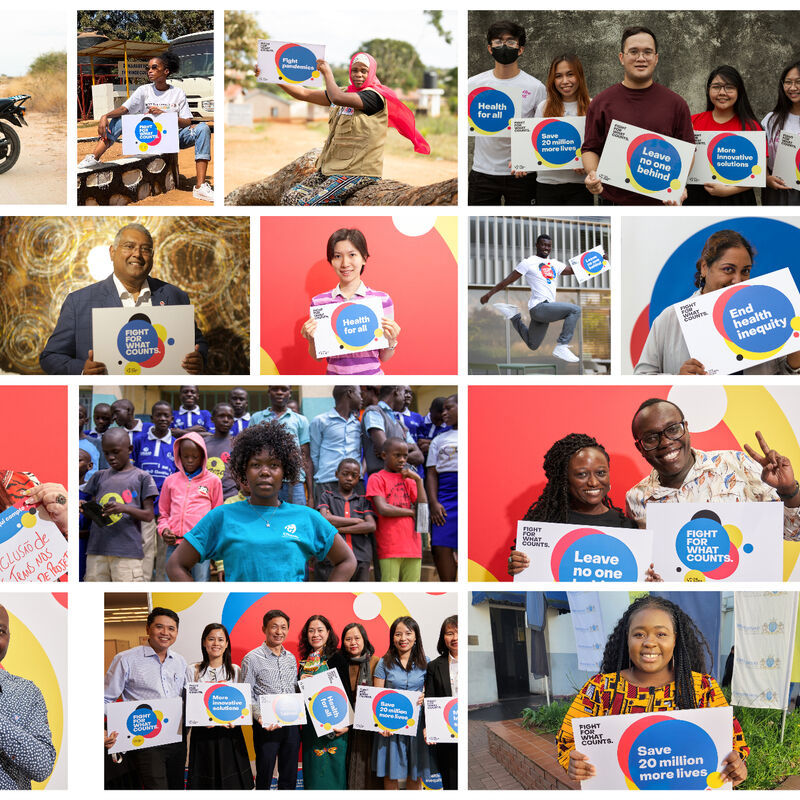
In 2022, the Global Fund movement – partners, advocates, communities – called on the world to #FightForWhatCounts to save millions of lives. Hosted by President Joe Biden in New York, world leaders and changemakers answered that call! In an unprecede...
 Homs National Hospital was destroyed during a decade of conflict in Syria. Today, the hospital is being rebuilt and patients are returning. Homs National Hospital is now equipped with an oxygen generator – procured and installed by the Global Fund an...
Homs National Hospital was destroyed during a decade of conflict in Syria. Today, the hospital is being rebuilt and patients are returning. Homs National Hospital is now equipped with an oxygen generator – procured and installed by the Global Fund an... Technology and innovation are key drivers in the fight against AIDS, tuberculosis and malaria - strengthening disease surveillance, transforming testing and diagnosis and revolutionizing treatment.
Technology and innovation are key drivers in the fight against AIDS, tuberculosis and malaria - strengthening disease surveillance, transforming testing and diagnosis and revolutionizing treatment. 18 September 2023
18 September 2023 30 August 2023
30 August 2023 18 July 2023
18 July 2023 25 May 2023
25 May 2023 21 April 2023
21 April 2023 23 January 2023
23 January 2023 21 December 2022
21 December 2022